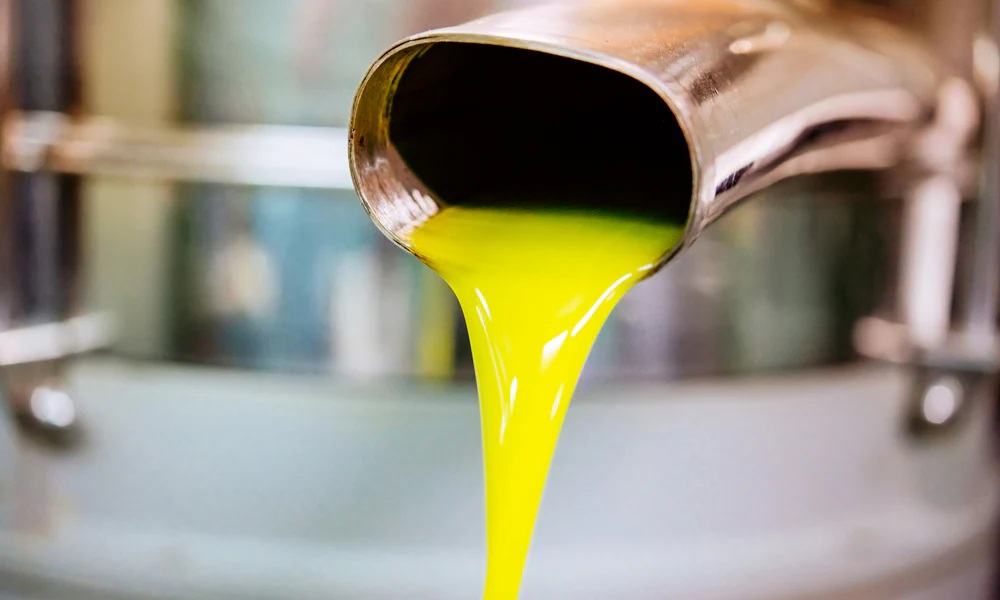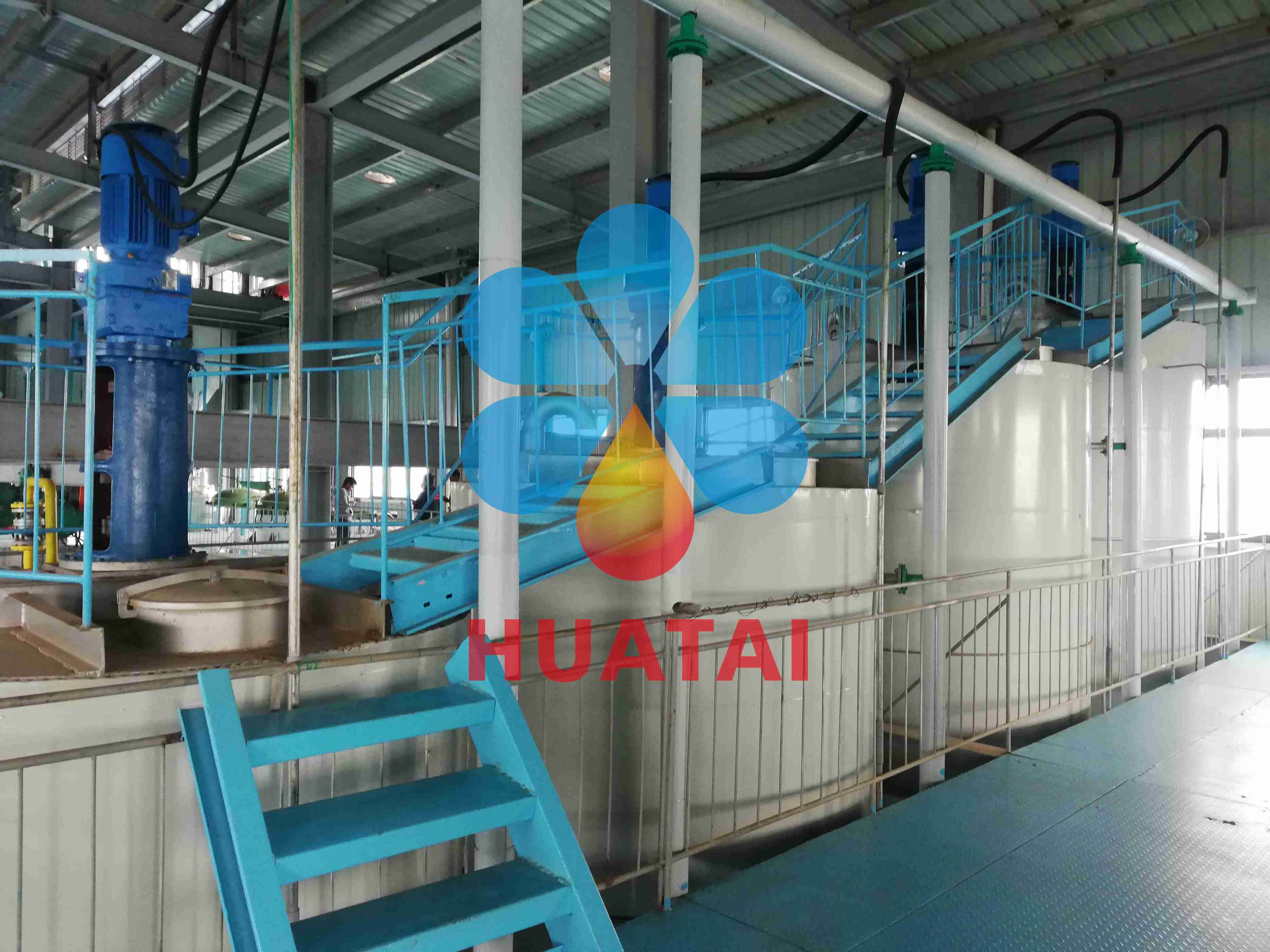Olive oil is one of the most popular edible oils in the world. It not only has a unique flavor and aroma but is also rich in various nutrients, earning the title of "liquid gold." The process of making olive oil may seem simple, but it actually requires a series of precise steps. The pressing method is a key factor that affects the quality of olive oil. Based on whether high temperature is used during pressing, olive oil extraction is mainly divided into cold pressing and hot pressing methods.

Cold pressing is the primary method for producing high-quality olive oil, especially extra virgin olive oil (EVOO). The essence of cold pressing lies in "low temperature," ensuring that the olives do not undergo chemical changes due to heat during the pressing process, thus preserving their natural nutrients and flavor.
Olive Harvesting: Olives need to be picked at the right maturity level to ensure freshness and quality.
Cleaning and Crushing: The harvested olives are washed and crushed into small pieces to better release oil.
Grinding and Mixing: The crushed olives are ground into a paste (called "olive mash") and mixed to enhance oil extraction.
Centrifugal Separation: A centrifuge separates the oil and water. Cold pressing strictly controls the temperature to stay below 27°C (80°F) to avoid nutrient loss.
Filtration and Storage: The extracted olive oil is filtered and stored in a dark, cool environment to maintain quality.

Rich in Nutrients: Cold pressing preserves antioxidants such as polyphenols and vitamin E, increasing nutritional value.
Distinct Flavor: Retains natural olive aroma, resulting in a strong and complex taste.
Health Benefits: High monounsaturated fatty acids (like oleic acid) can help lower LDL cholesterol and improve cardiovascular health.
Hot pressing is a more traditional method, often used for mass production or processing lower-quality olives. Compared to cold pressing, the high temperature in hot pressing significantly affects the oil's quality and nutrition.
Harvesting and Cleaning: Similar to cold pressing, olives are picked and cleaned.
Crushing and Heating: Crushed olives are heated to high temperatures (above 40°C/104°F) to release oil more easily.
Pressing and Centrifugation: Heated olive mash undergoes pressing or centrifugal extraction.
Refining: Hot-pressed oil undergoes refining to remove impurities and undesirable odors, enhancing stability.

Higher Yield: High temperatures break down pectin, increasing oil output.
Milder Flavor: Heat reduces aromatic compounds, making the taste less robust.
Loss of Nutrients: The heat reduces polyphenols and vitamin E, lowering its health benefits.
Suitable for Refining: Often used to produce refined olive oil, which undergoes bleaching and deodorization for high-temperature cooking.
Cold pressing and hot pressing are two different extraction methods, significantly affecting olive oil quality and nutrients. Cold-pressed olive oil is highly valued for its rich nutrients, unique flavor, and health benefits, while hot-pressed olive oil dominates industrial production due to its higher yield and economic advantages.
Huatai Oil Machinery provides good quality oil mill plant, time & fast delivery, perfect after-sale services, and reasonable price, contact us!
Website: https://www.huataioilmachine.com/Copyright @ Henan Huatai Cereals And Oils Machinery Co.,Ltd.